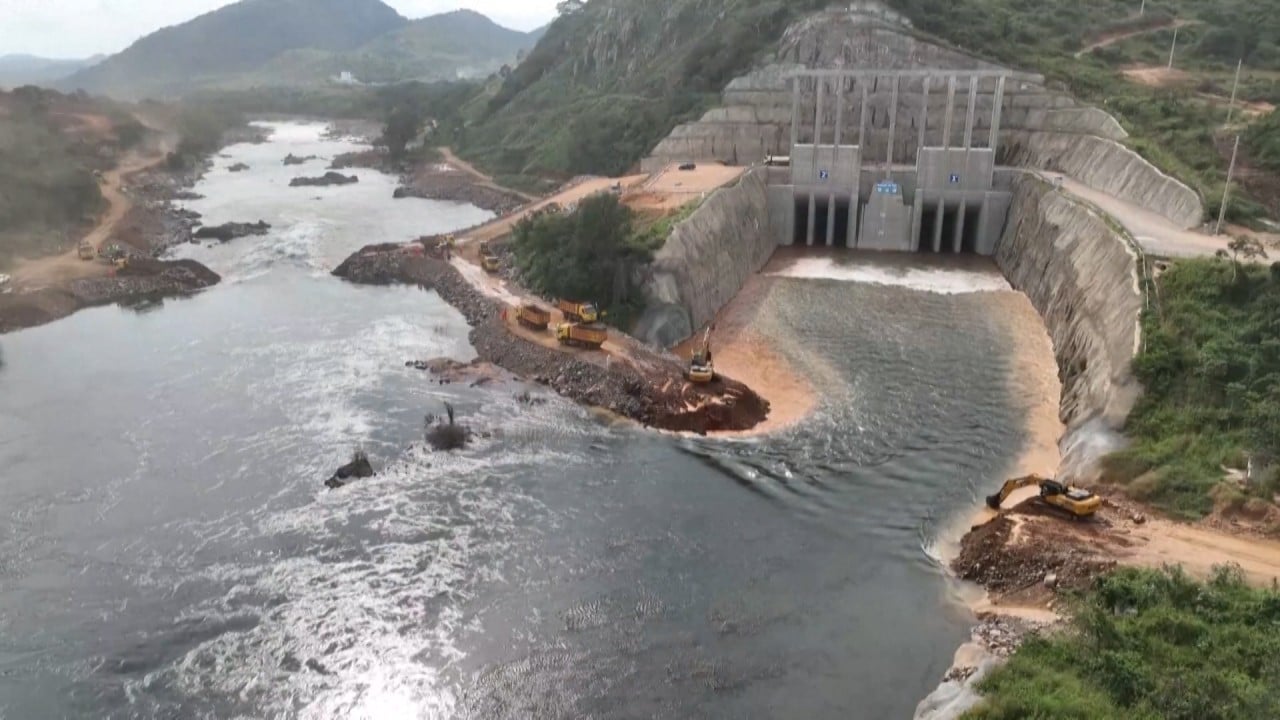What Biden’s visit to Angola says about Lobito Corridor and US-China rivalry
Joe Biden set to be the first US president to visit the African nation as the West vies with China for access to mineral resources

When Joe Biden arrives in Angola on Monday on his first African visit as US president, he is likely to land at a China-built airport and then be driven along a highway also built or financed by China.
Biden’s three-day visit at the tail-end of his term is expected to seal his legacy in Africa, specifically the Lobito Corridor – a US-invested railway and logistics project connecting Angola with Zambia and the Democratic Republic of the Congo (DRC).
The US challenge to China in Africa also comes amid a race for access to mineral resources, at a time when Angolan President Joao Lourenco is seeking to diversify the country’s oil-dependent economy and reduce excessive reliance on China.
Angola received billions of dollars from China to build its housing, roads, hydroelectric dams and railways after a decades-long civil war ended in 2002, and used oil shipments to repay those loans until 2017, when the late Jose Eduardo dos Santos was president. Lourenco, his successor, says some of those resource-backed loans hurt the economy.

